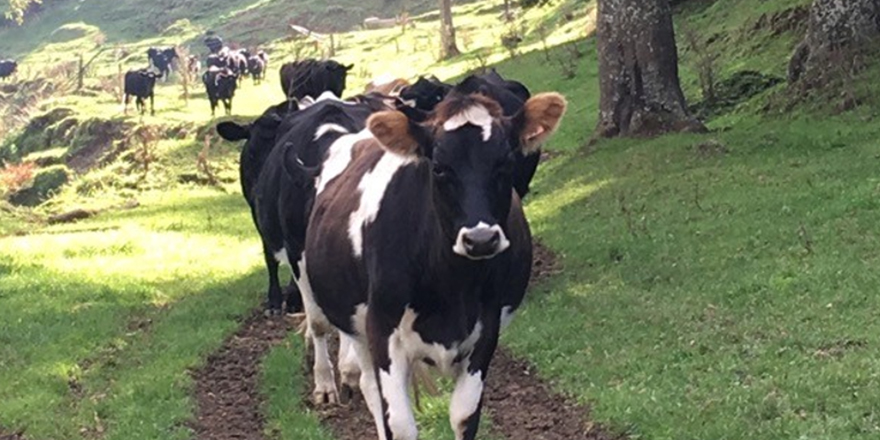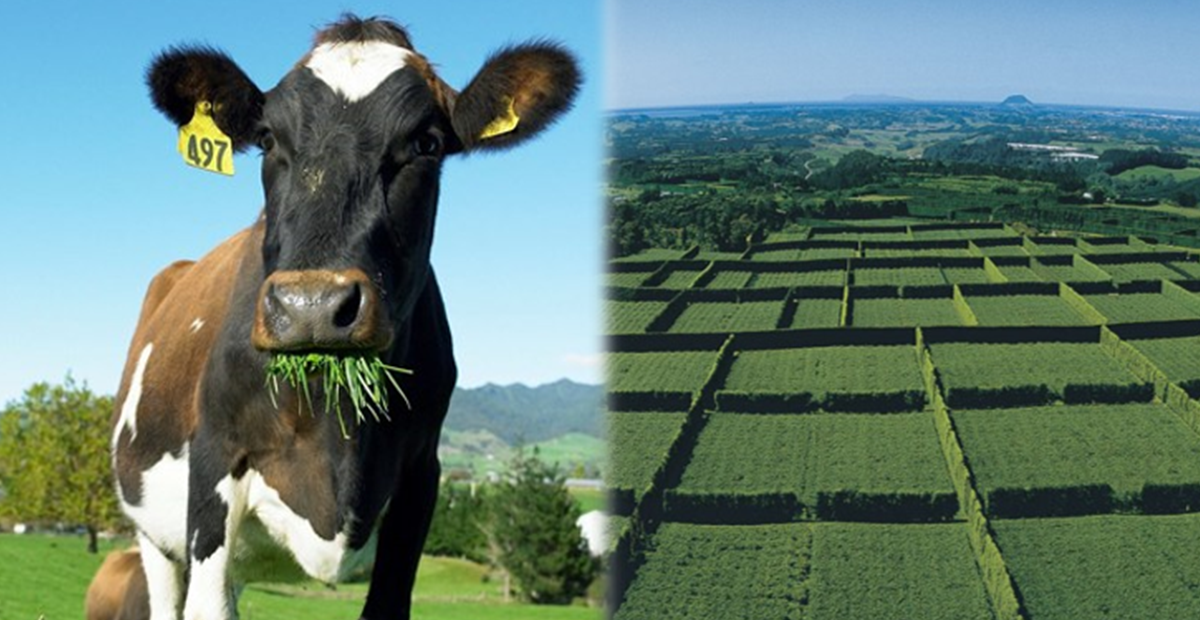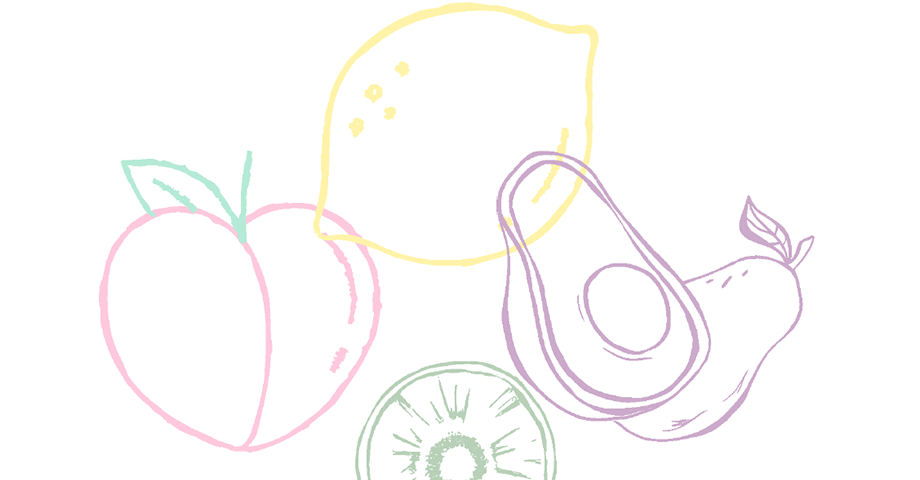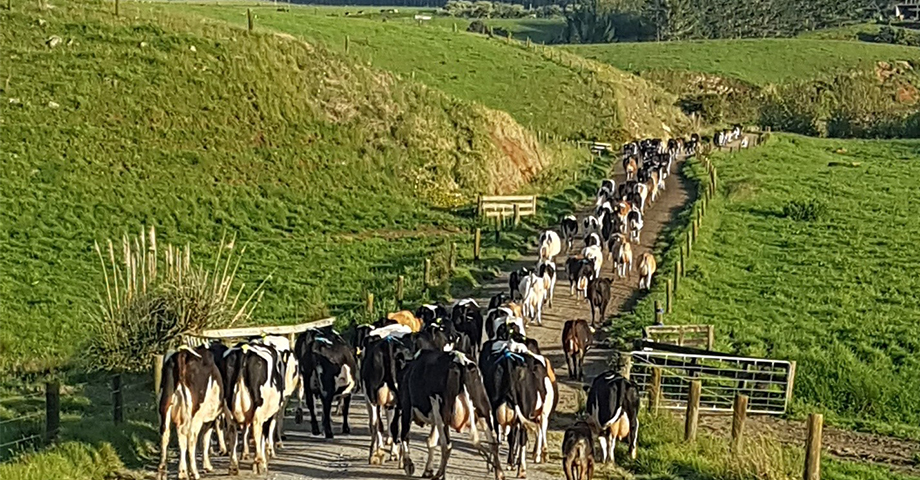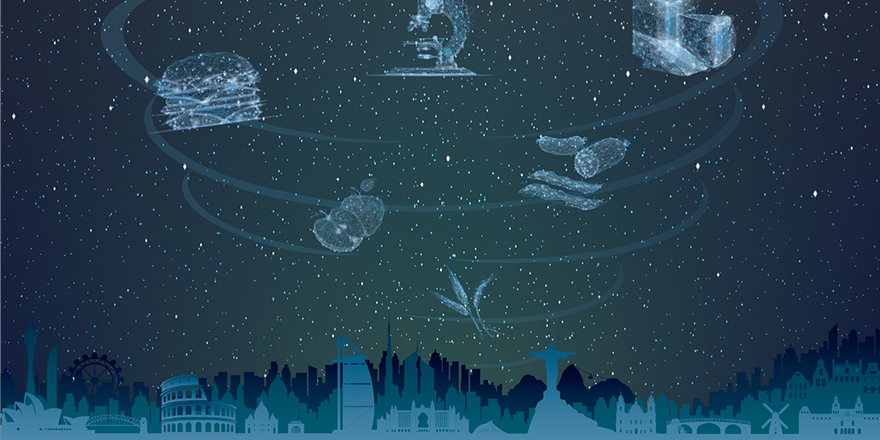
Executive summary
Background
Food science in New Zealand is an important contributor of the Science and Innovation ecosystem and helps maintain a positive international reputation in this field. However, international stakeholders are looking in, the food crisis, accentuated by a growing population, is worsening and scrutiny is increasing across every sector.
Thus, our food science sector must show clear direction, collaboration, and thought leadership. Therefore, New Zealand’s science industry needs to be reshaped to help find solutions to the pending global food crisis identified by the United Nations and other organisations.
The COVID-19 pandemic presents an opportunity to restart the clock and implement some changes. Te Ara Paerangi Future Pathways’ consultation is addressing a wide range of issues and looking at solutions while keeping an open mind and including many voices. This is an excellent step in the right direction and a welcome review of New Zealand’s research system.
Internationally, New Zealand is described as harder to justify, far away and laid back. Moreover, New Zealand faces the issue of ‘local is the new global’, meaning that when available, most stakeholders would prefer to engage with a science provider closer to them geographically.
However, commercial revenue for New Zealand’s food science sector is not only important financially, but also critical to maintain a global reputation.
Method and Focus
This report focuses on international business development and ways to better integrate New Zealand’s food science globally. The purpose of this research includes providing a clear picture of the New Zealand’s food science ecosystem and the opportunities and challenges that organisations in the industry are facing.
This research was underpinned by two components.
Firstly, a literature review to draw research, articles, industry reports and opinion pieces together to understand the current New Zealand science system, compare it with other models and identify some common challenges and opportunities.
Secondly, a crucial part of the research consisted of semi structured interviews with food science providers. A compare and contrast analysis was undertaken. The interviews formed the basis of the recommendations and shaped the vision for New Zealand’s food science strategy.
Recommendations
The recommendations have been drawn from readings and interviews, and can be summarised as:
- Support engagement among the science industry and enhance the collective mindset to capitalise on every expertise to create greater impact.
- Creation of a capability map to identify the focus areas and support world leading capability building.
- Promote the transition to a single overarching science institute.
- Leverage New Zealand’s science capability to focus on world leading expertise and attract international business, thus enhancing New Zealand’s economy.
It’s encouraging to see more and more collaborative projects in science, however this research suggests that only a whole sector change would accelerate the rate of exchange of scientific knowledge, increase the delivery outcome to answer global issues and keep New Zealand in a world leading position.
Ultimately, the aim is to draw insights and develop a bold vision and relative recommendations for the future of New Zealand’s food science, to position the country as a leading knowledge and research provider in this sector, globally.
Download and read the full report here

